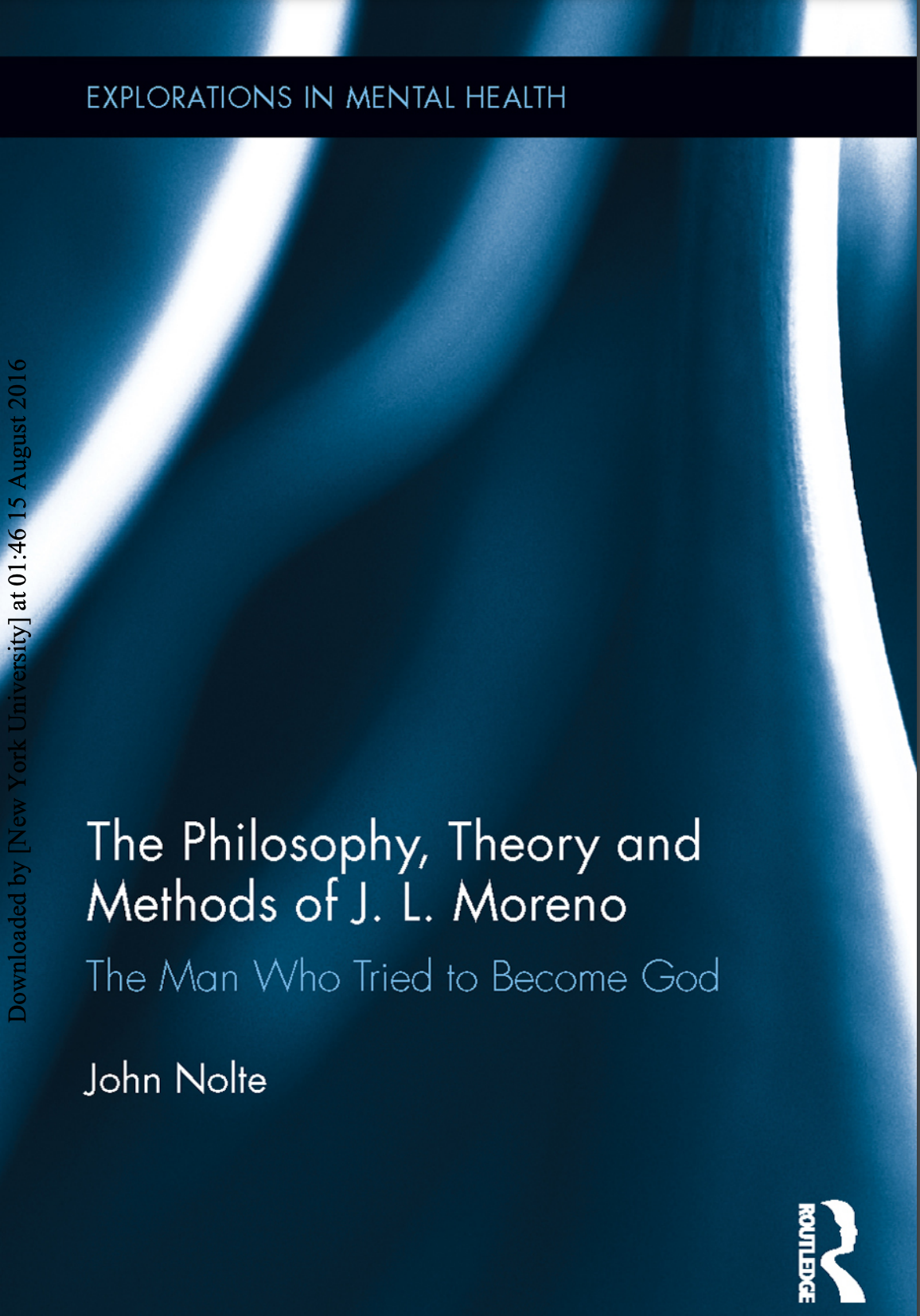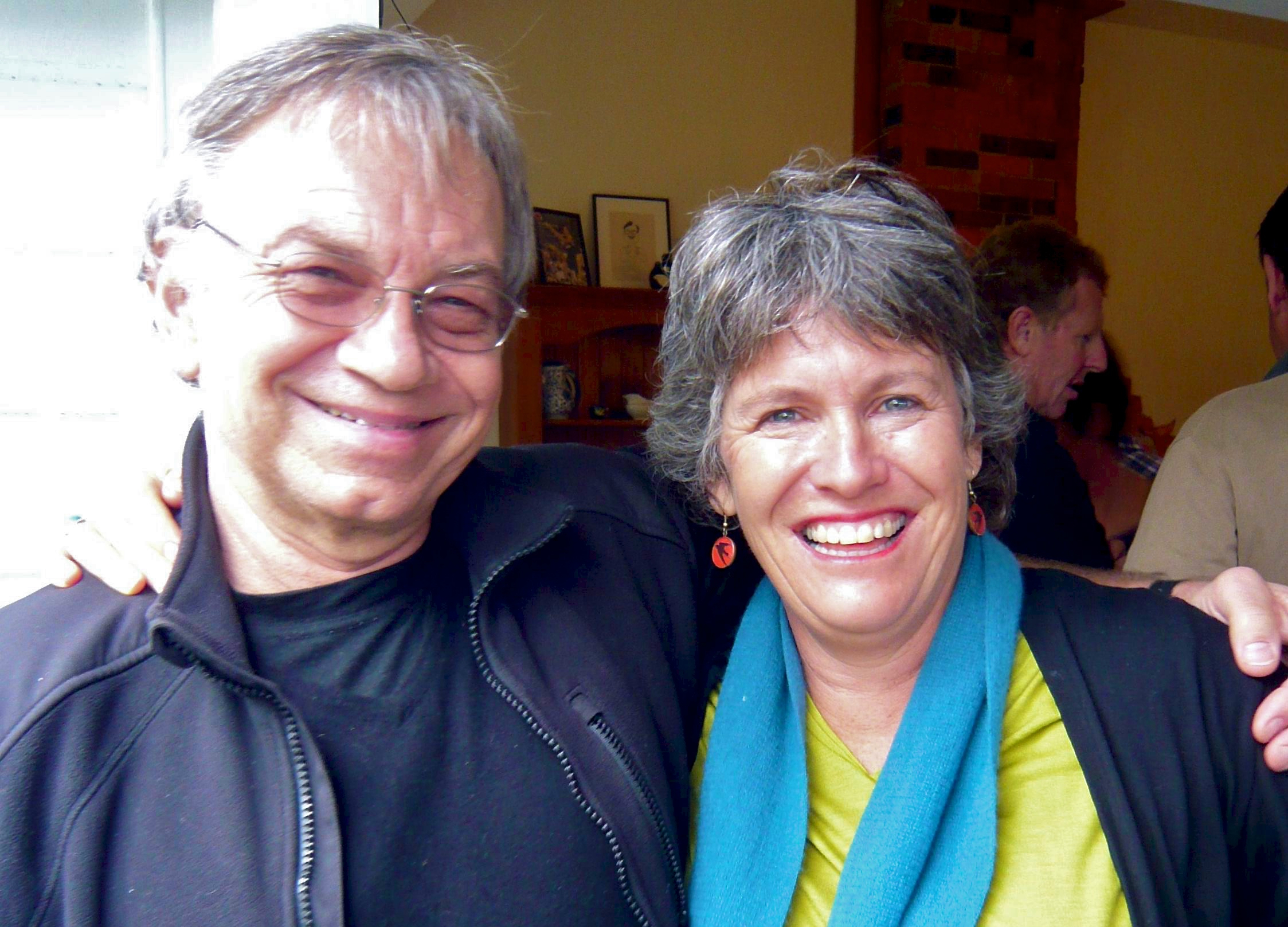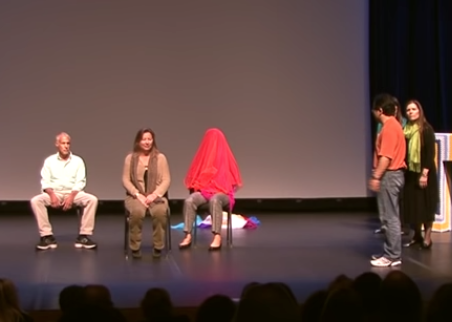The first of 7 Stages of Spiritual Alchemy
Calcination.
Calcination is the process of heating and decomposing raw matter – or in other words, breaking down parts of ourselves that are in the way of our own happiness. Often we’d rather be right or fulfill an idea of “perfection” than be truly happy, so we continue neglecting the exploration of ourselves.
The stage of Calcination represents the stage in our lives where we begin breaking down our egos, self-doubt, stubbornness, self-sabotaging behavior, pride, and arrogance, and put it aside so we can find out what is underneath.
That is such a powerful concept. Notice how *heated* relationships can be — we might need to call the police even! Many times we need to heat and decompose matter, its not pleasant or pretty.
Consider that fragmenting? The power of fragmenting. I love composting, not a gardener, though I’ve had the urge to plant flax and natives. How far do I need to break down? The harder question is how does a relationship work with this alchemy. How does fragmenting work? should we take turns?
Fragmenting in relationships? Breaking everything down and letting the spirit of the relationship do its work?
Though its about chemistry… Google yielded some guiding words:
“its complex non-linearity and long delay characteristics.”
“The calcination zone temperature can be achieved by output feedback of input control variables, the error and the error correction.”
❋
Calcination Symbols from https://soolahhoopsllc.tumblr.com/post/94500286722/calcination-symbols

The first operation in alchemical transformation. It is denoted by the symbol for the first sign of the zodiac, Aries.♈

The Raven is a symbol of the nigredo stage of alchemy. Nigredo, or blackness, in alchemy means putrefaction or decomposition. The alchemists believed that as a first step in the pathway to the philosopher’s stone all alchemical ingredients had to be cleansed and cooked extensively to a uniform black matter. In analytical psychology, the term became a metaphor ‘for the dark night of the soul, when an individual confronts the shadow within.
❋
And to add a sketch I did after the 2010 Christchurch earthquake.

❋
And the feature image above…

Its a beautiful green image, what does it mean? From Lonerwolf.com
Other alchemy stages on the list:
Separation. …
Conjunction. …
Fermentation. …
Distillation. …
Coagulation.









